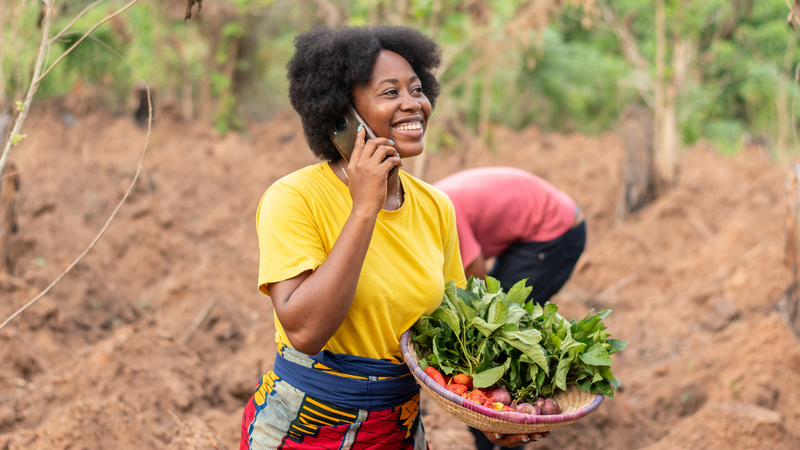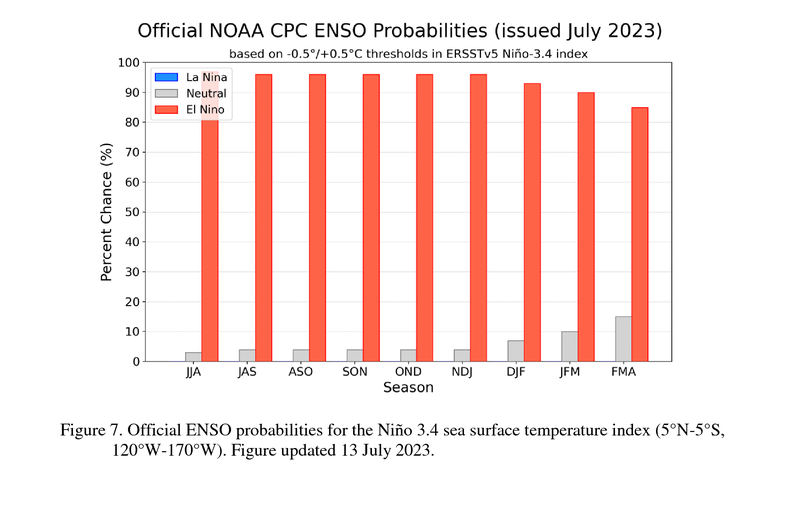Adapting Rural Livelihoods to Climate Change
The Somalia National Adaptation Programme of Action (NAPA) identified different climatic and non-climatic factors that have weakened people’s ability to adapt to climate change. The project supports the Somali government in meeting some of the country’s national priorities, policies and strategic frameworks outlined in the National Adaptation Programme of Action. RLACC II aims to support vulnerable communities build resilience to climate variability and change, and targets water resources, agriculture and food security, animal husbandry, grazing and rangelands as some of the most vulnerable to climate change.
The project works to improve animal health and veterinary services; water catchments (including dams in strategic areas); crop production for enhancing people’s livelihoods; and to reduce deforestation and environmental degradation.

Our Areas of Work
Improved pastoral and agro-pastoral livelihoods
The project is strengthening animal health and veterinary services. Through community awareness programs and training the project supports improved rangeland management. Pastoral livelihoods are strengthened through improved access to markets.
Improved water harvesting techniques
Reducing reliance of rainfed agriculture through construction and refurbishment of water harvesting infrastructure and supporting participatory community harvesting technologies and systems.
Reduction of land deforestation and environmental degradation
Supporting ecosystem conservation programs including supporting community based organisations to engage in alternative sources of livelihoods.
Increased crop production for enhancing people’s livelihoods
Use of demonstration farms, supplying seeds for horticultural crops and pastures seeds, and co- production of adaptation plans using climate data to increase crop production.
Key Outputs
- Increased community resilience
- Innovative adaptive techniques
- Diversification of livelihoods
- Development and strengthening of the
supply chain - Exchange of knowledge and best practices
at national and regional levels
Latest News
Project Materials
Brochure
Latest Updates

Summary for Decision Makers, October to December 2024 Season
Download our latest Summary for Decision Makers with impacts and advisories for the following secto…

Projected future changes in food insecurity hotspots over the IGAD region of Eastern Africa
Food insecurity is a major issue in many parts of the world, driven by conflict, economic instabili…

Technical Report on the Ongoing Flood Impact in the IGAD Region
The IGAD region is grappling with an unprecedented challenge of a climate emergency within the memb…

Rural Livelihoods’s Adaptation to Climate Change in the Horn of Africa (RLACC II)
The Rural Livelihoods’s Adaptation to Climate Change in the Horn of Africa (RLACC II) project achie…









